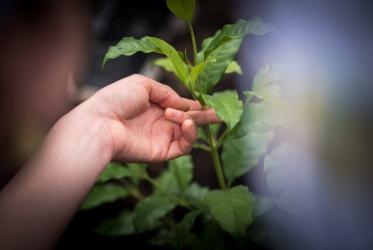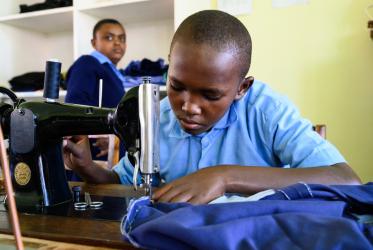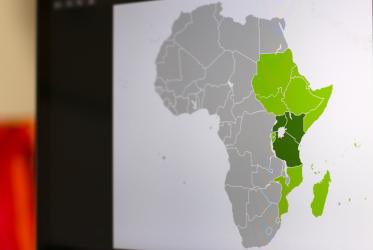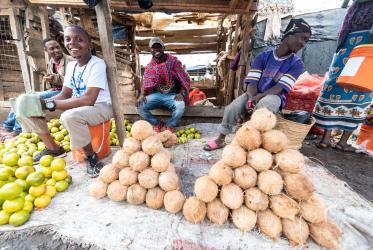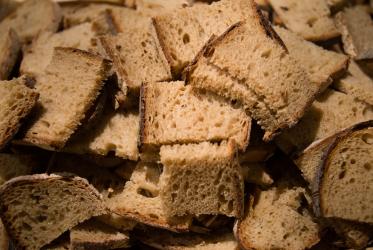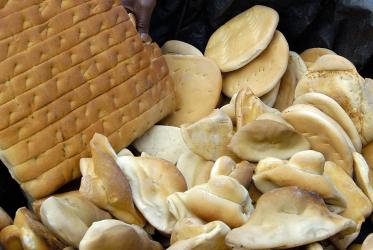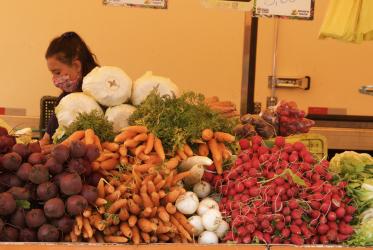Displaying 161 - 180 of 506
16 February 2021
Webinar brings Pacific voices for a new creation
10 February 2021
World Social Forum convenes to “express and practice solidarity”
28 January 2021
Faith-based investment conference shows we can “Walk the Talk”
15 January 2021
WCC Eco-School 2020 for Pacific region is further postponed
14 January 2021
WCC stands behind youth call for action on climate justice
25 November 2020
Applications open for WCC Eco-School
22 October 2020
On World Food Day, “we pray for wisdom to care for the earth”
16 October 2020
WCC to host online prayer service for World Food Day
09 October 2020
